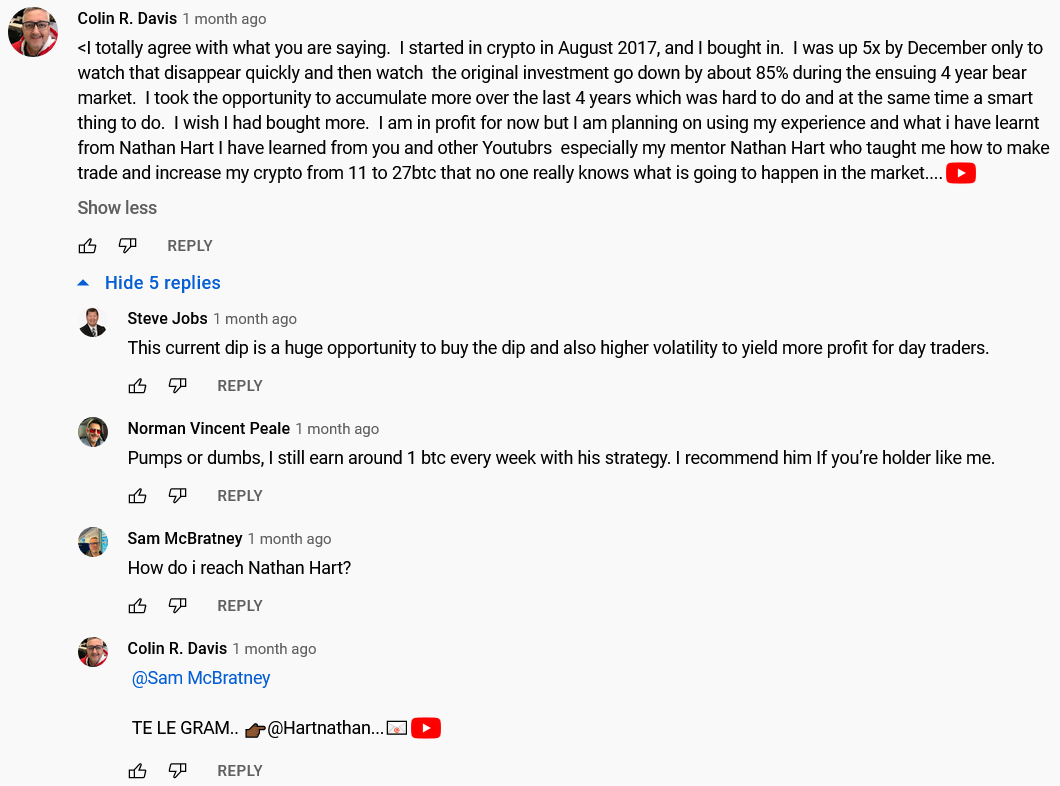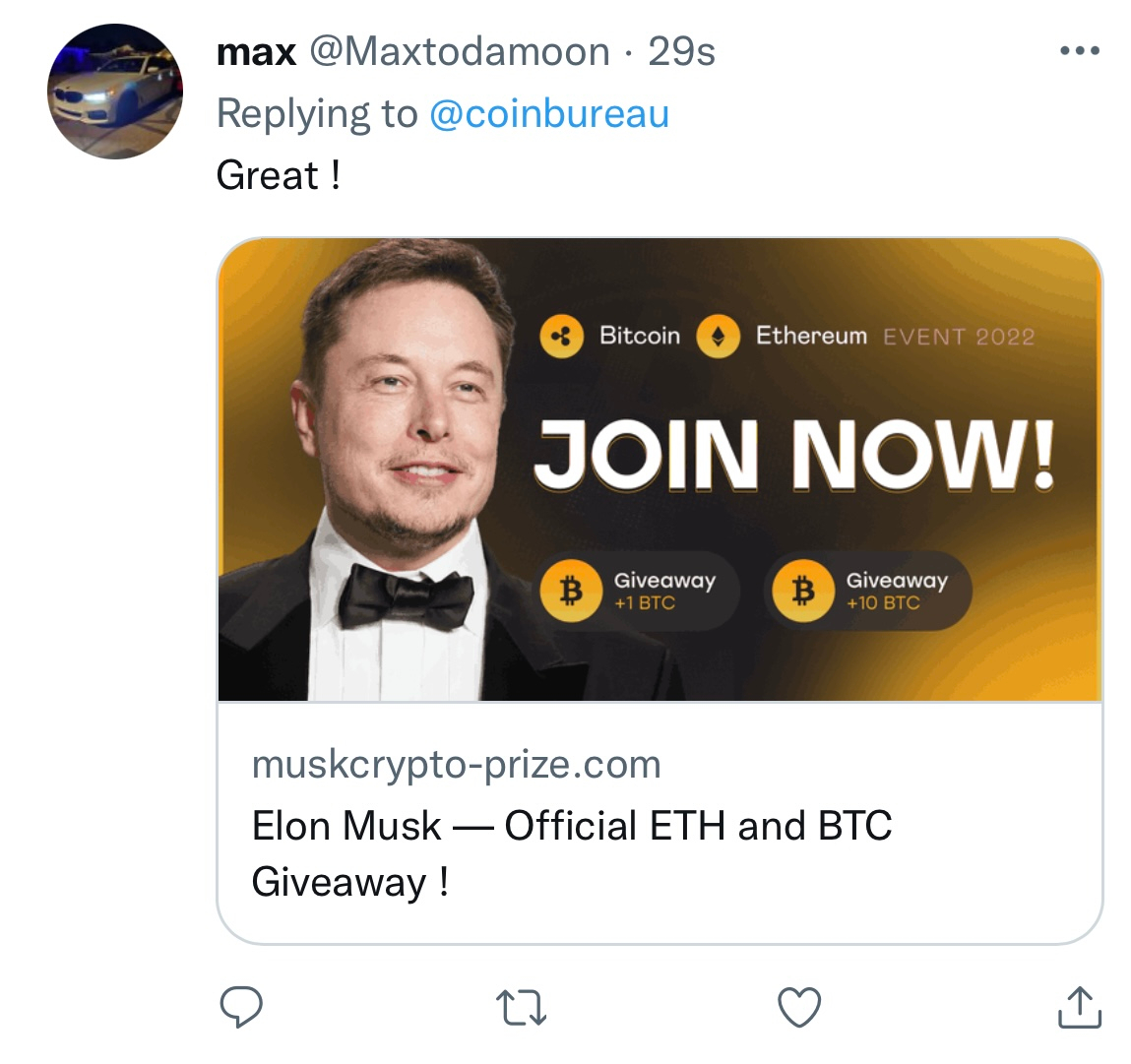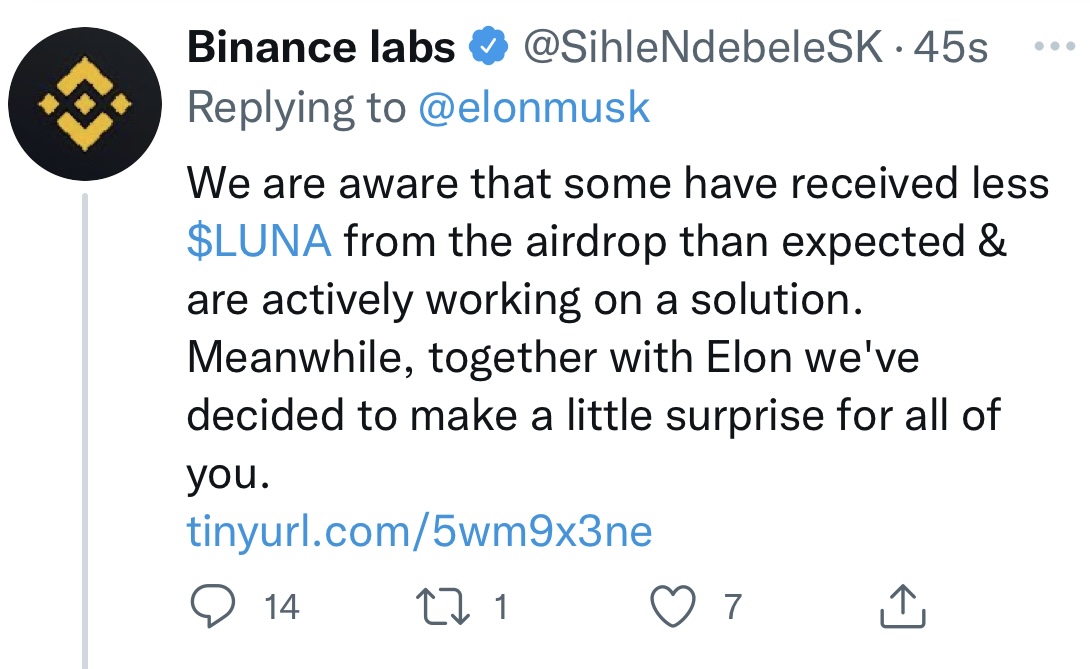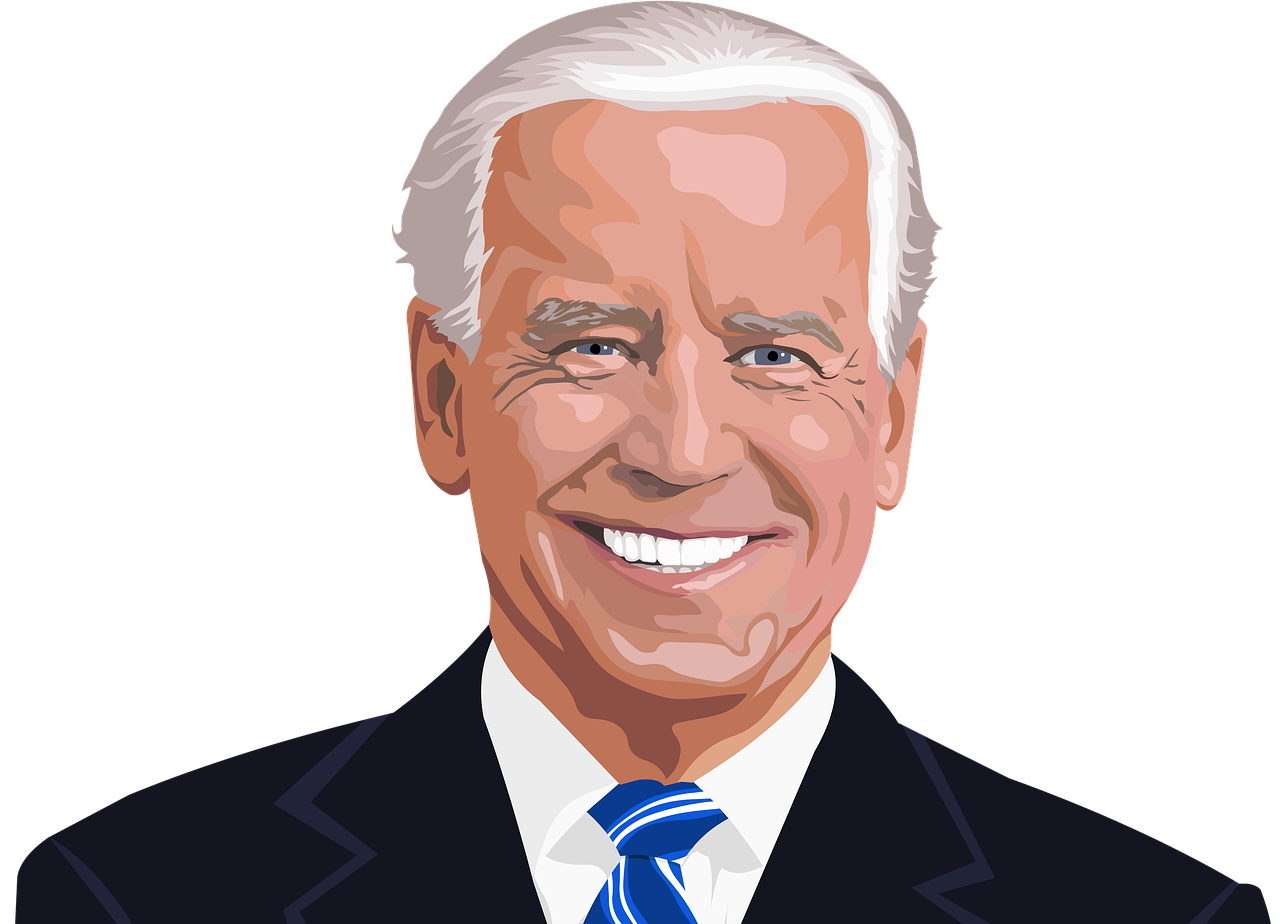The Top 5 Crypto Scams to Watch Out For

The crypto world is filled with cutting-edge technology and strong p2p marketplaces, but it's also full of scams. In order to not get wrecked, it's important to defend yourself against all attacks on your wallet. Today we'll explore 5 of the most popular scams in crypto and how to protect yourself.
5. Bitcoin SV (BSV)
The first on this list is BSV. This may just seem like a normal L1 blockchain, until you dig deeper. BSV has a grand total of only 30 full nodes on the network vs Bitcoin's 16,000, which shows the network is highly centralized with serial conman Faketoshi Craig Wright as the poster child.
Wright is famous for forging all of his Satoshi evidence and forking the Bitcoin Cash blockchain, thus creating BSV. The slogan of the chain is "unbounded scalability" since there is no block size limit on BSV. As you can imagine, this centralizes the network around only a select few entities able to process these transactions.
Most concerning of all, a researcher discovered that the BSV Association, which controls the BSV node software, has the ability to declare any block invalid:
BSV is now a fully private blockchain. Their lead developer admits it.
— Dr. Funkenstein (@DrFunkenstein6) March 13, 2022
BSV's node software license allows a single entity (the so-called "Bitcoin Association") to unilaterally declare *any* block valid or invalid, even retroactively. https://t.co/Ni7fez7izI
4. YouTube comment scams
These schemes involve AI bots or real humans convincing people to trust a random "trading expert" since they supposedly made a lot of money using the person's strategies. Of course, these "strategies" are only attainable if you pay. The trick is, though, they'll just take your money and run.
Why would anyone spend that amount of time programming bots and asking real people to shill their services if they're truly competent? A legitimate service would have a strong track record to speak for themselves.

3. YouTube giveaway scams
Using the same platform as the last entry, these typically involve a bot impersonating a reputable person like Elon Musk to "double money" or "solve a puzzle for Bitcoin." Commonly, the scammers use old livestreams of Elon Musk and others to convince you that they are in fact the ones conducting the giveaway live.
But when you think about it, what public figure would smear their reputation for a doubling money scam? You can be sure billionaires Cathie Woods, Elon Musk, and Jack Dorsey, which appear to be the center point of each attempt, would never do this.

2. Twitter scam bots
While some scammers on Twitter are real humans, this method is run predominantly by bots. As with nearly every other scam on this list, these scams also center around doubling money or giveaways. It's important to NEVER click on these links. Scarily, there are some that are even able to verify themselves with Twitter. Here are some examples:


1. Rug pulls/fake tokens
Rug pulls and fake tokens are indisputably the biggest problem in crypto. The amount of money lost to these scammers over the years has been truly staggering. The way these work is by writing a smart contract (typically on Ethereum or BNB Chain) to distribute tokens to unsuspecting investors. Once investors have thrown enough money in for the scammer's tastes, they execute the rug pull by draining liquidity pools and taking all the money.
This is similar to the "doubling money" scams mentioned previously; investing in something with the hopes of getting rich quick. Some perfect examples include YouTuber Ice Poseidon rugging his users for $500k in a BNB chain scam and Kim Kardashian shilling "Ethereum Max," which crashed to zero.
Furthermore, these scams typically start up on the r/CryptoMoonShots subreddit with bot spam. The best way to avoid these scams is to do your DD and only invest in reputable projects you can trust, which are traded on major exchanges like Coinbase and Binance.

Stay safe out there in the cryptoverse and never share your seed phrase with anyone!
Article Disclaimer: The information in this article is based on research and represents the author's opinion, not established fact. Readers should evaluate independently.




